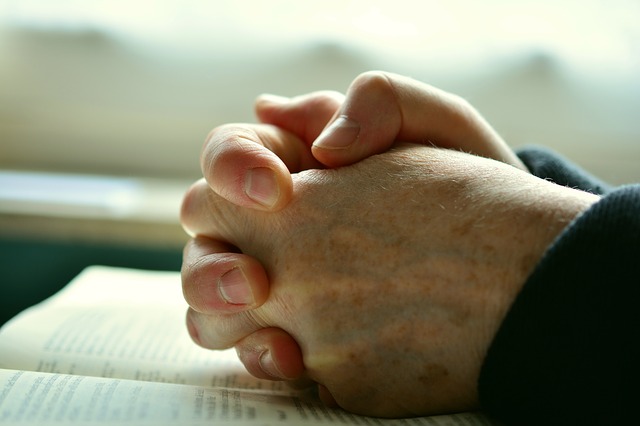Can Prayer Ease Chronic Pain?
/By Dr. Lynn Webster, PNN Columnist
Does prayer lead to healing? Many religious people around the world believe that it does. According to the science, it may.
Medical researchers have looked into the effects of religion and spirituality on chronic health conditions, including chronic pain, for many years. The research has produced vastly different results. According to a review of studies in the Indian Journal of Psychiatry, prayer may contribute to healing, may worsen health, or may make no difference at all.
Helen Fosam, PhD, says in Clinical Pain Advisor, "a positive emotional state and a positive expectation of pain relief can lower pain and enhance clinical effect of treatment."
So if you believe prayer can ease your pain, it may happen.
Pain Is a Spiritual Condition
As I say in my book, The Painful Truth, pain is a bio-psycho-social-spiritual condition. However, it might make more sense to reverse the order and put “spiritual” first because, for many people, the spiritual dimension is the most important.
More times than I can remember, I’ve known people in pain to cry out to God for mercy, kneel in silent prayer, cross themselves or finger their rosary, practice yoga or meditation, wear crosses or angel pins or crystals, express a longing for heaven, mention attending religious services, or tell me about their belief in God.
Even religious skeptics who are in pain sometimes pray for themselves or ask others to pray for them.
The simple fact is that most people have a tendency to turn to God and faith when they are in need, including when they are in pain. Along with most other pain specialists, I have come to see this as generally a good thing, because relating to a God or a perceived spiritual reality beyond oneself can affect one’s pain experience positively.
Prayer As Meditation
Prayer is a specialized form of meditation. According to the National Center for Complementary and Integrative Health, meditation "may be helpful for a variety of conditions, such as high blood pressure, certain psychological disorders, and pain."
People who have faith in a higher power and turn to prayer may be availing themselves of the medical benefits of meditation.
Of course, not everyone who is in pain is religious or spiritual -- or wants to be. I’ve known many people with pain who have experienced a substantial increase in their life satisfaction without recourse to spiritual beliefs and practices. Some of them have practiced meditation, and some of them have not.
But if we’re interested in what promotes healing for those enduring long-term pain, we can’t ignore the interaction between belief and pain.
Lynn R. Webster, MD, is a vice president of scientific affairs for PRA Health Sciences and consults with the pharmaceutical industry. He is author of the award-winning book, “The Painful Truth,” and co-producer of the documentary, “It Hurts Until You Die.” You can find him on Twitter: @LynnRWebsterMD.




